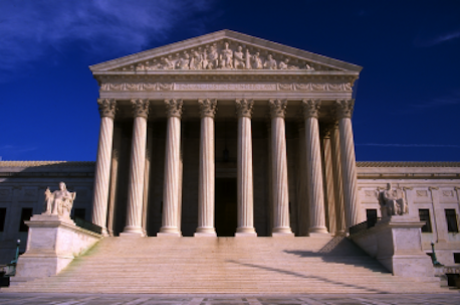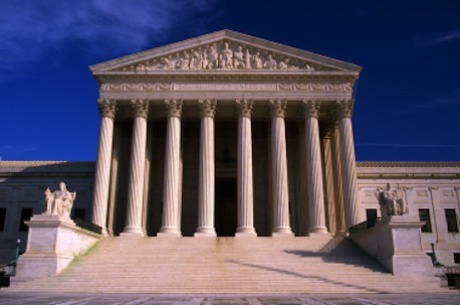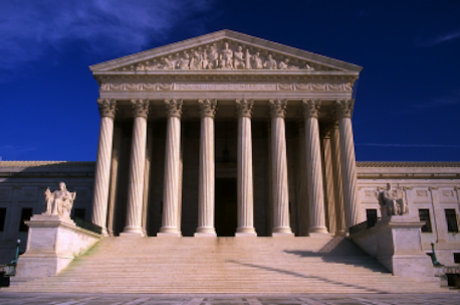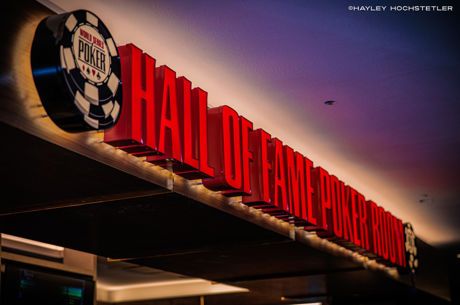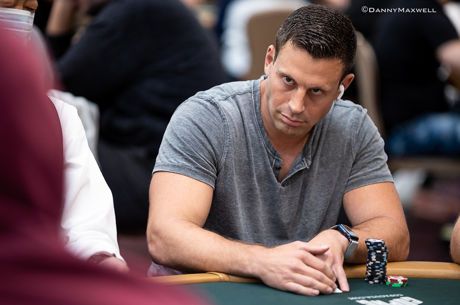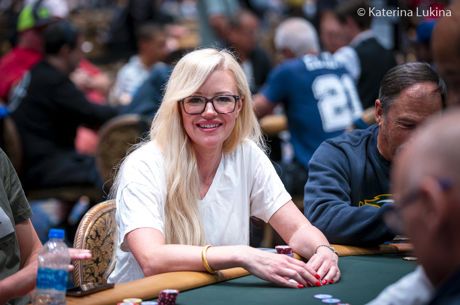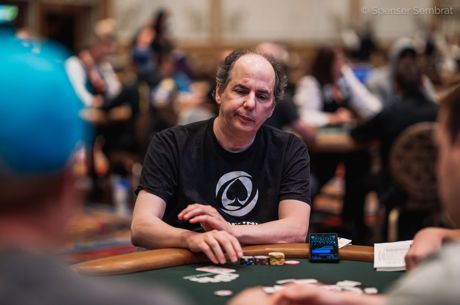Opinion: Matthew Kredell Analyzes State Versus Federal Online Poker Legislation
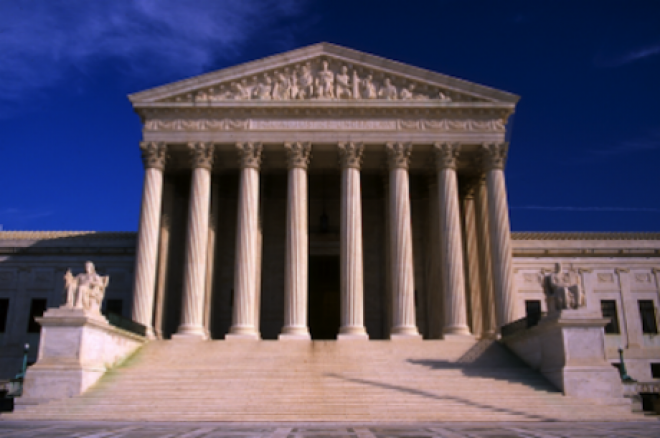
The thoughts and opinions in this piece are those of the author and do not necessarily reflect the views of PokerNews.
Since the leaking of summary text of a Senate bill that would regulate online poker, the poker community has debated whether this legislation from Senators Harry Reid (D-Nev.) and Jon Kyl (R-Ari.) is the best option for poker players.
There is another possibility that already is under way, and that is letting online poker spread at the state level without a federal umbrella.
If the issue is solely the future of online poker in America, there should be nothing to debate. The Reid-Kyl bill, even if all player fears from the summary text are realized in the final bill, is by far the superior option.
There is, however, a legitimate reason to oppose the Reid-Kyl bill in favor of going state by state. The Reid-Kyl bill is good for poker but bad for freedom.
In the first interview I did with Barney Frank three and a half years ago, the Congressman from Massachusetts told me: "I'm in favor of people doing a lot of things I don't do. It's a matter of personal freedom. It's my fundamental principle that it's not my business if people gamble, and the government should not be intruding."
At that time, the main online poker bill in Congress was Frank's legislation, which included all forms of gambling except sports betting (which he also wanted to include but gave in to the NFL's opposition). Then we moved on to the poker-only bill from Rep. Joe Barton. It abandoned casino games to focus only on poker. This was the sensible thing to do, as there was more political support for poker.
The Barton bill wouldn't hinder the freedom of anyone who wants to participate in other forms of gambling online, and a successful run of regulated online poker in the U.S. could have helped other forms of Internet gambling eventually gain acceptance. But neither of these bills ever came close to passing.
The Reid-Kyl bill is different. The summary text reads: "Under the bill, all Internet gambling, whether interstate or intrastate, would be prohibited, except off-track horse-race wagering under the Interstate Horseracing Act of 1978 and licensed poker."
It has a lot in common with the dreaded Unlawful Internet Gambling Enforcement Act, which is even in its title �� "The Internet Gambling Prohibition, Poker Consumer Protection, and Strengthening UIGEA Act of 2012." Two-thirds of the bill is about restricting the freedom of Americans to gamble online.
That the other third of the bill sets up regulation for Internet poker is a credit to the poker community and the Poker Players Alliance. That is our victory for all the outcry, letters, phone calls, emails, tweets and Facebook posts. Six years ago, the poker lobby and poker players weren't strong or united enough to get the exception from UIGEA that horse racing obtained. Now, in this new and more potent version of UIGEA, not only does poker get its carve out but also the legitimacy of licensing.
The Las Vegas casinos that influence Reid have accepted Internet poker for the most part but are fearful of casino gambling being available online and how that would affect their business. Kyl and his moralist branch of the Republican party want to stop states from getting full Internet gambling up and are willing to make an exception for poker to do so.
Our real debate should be if the licensing and regulation of online poker is worth supporting a bill that allows the government to restrict what we can do in our own homes. That is a complicated issue.
As a skill game, poker deserves to be separated from other forms of gambling. I don't consider myself a gambler. When I go to Las Vegas, the only time I play blackjack or any other casino game is to be social with friends. I have no interest in playing a game where the odds are against me. I've never even bought a lottery ticket. Poker is different. At least in certain games or tables, I feel the odds are in my favor.
The Reid-Kyl bill undoubtedly is better for the future of poker in the U.S. than going state by state.
As the various state proposals made thus far have shown, states can't be trusted to provide an open marketplace, and tax rates that won't be passed on to consumers. Going state by state will produce varied and inconsistent outcomes.
The opt-in requirement of the Reid-Kyl bill should not be held against it. Without federal encouragement, the states will move to legalize at a much slower pace, and they likely will do so in a way that fragments the national player pool. States will form interstate compacts for increased liquidity, but it will produce competing networks. Nevada is likely to lead one group, with New Jersey leading another, California a third group, and perhaps other states being on their own or forming another coalition. Someone in California likely won't be able to play online with a friend nearby in Nevada or on the East Coast.
The PPA is confident that player penalties will not be in the final Reid-Kyl bill, but that cannot be said about future state legislation. California and Florida already have included penalties in their proposals.
If all you care about is the future of online poker at any cost, it should be an easy decision to support the Reid-Kyl bill.
Personally, I don't plan to participate in any form of online gambling other than poker, so the bill makes sense for me. However, I agree with Barney Frank. Just because I don't do something doesn't mean I think the government should be infringing on the rights of people who do want to do it. I don't see why the government should be allowed to deem that it's OK to gamble on stocks from your computer but not on cards.
Las Vegas casinos and Kyl are pushing for the bill because they know that states will move forward with full Internet gambling without it. Delaware already became the first state to approve full-scale Internet gambling. New Jersey is expected to do the same, perhaps before the end of the year.
So perhaps it's worth the long and unpredictable road of going state by state to allow states to decide whether or not they want to allow casino games. My moral compass points in this direction.
Honestly, I'm not sure our opinion matters at this point. Reid and Kyl, two of the most powerful members of their respective political parties, either will generate the support to attach this bill to must-pass legislation during the lame-duck session or they won't. It's not a good bill for individual freedoms, but we've done our part in getting poker regulation included. Now it will either happen or it won't, with or without our support.

